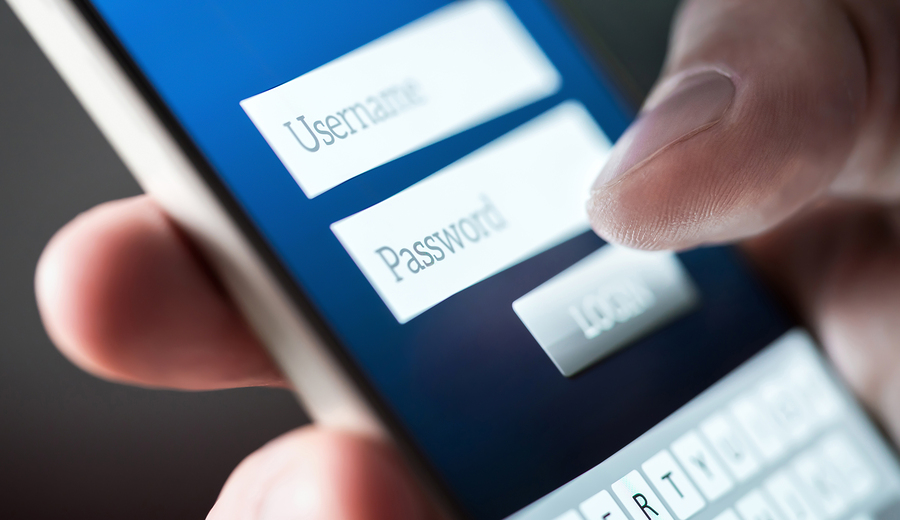How to Prevent Identity Theft Online [Top 10 Tips]

Unfortunately, billions of consumers have their identity stolen by con artists and identity thieves each year. Today’s modern cybercriminals are good at their “jobs.” They are a crafty bunch and have thought of just about everything they can to scam you and steal your identity.
Identity theft is a popular crime these days. The thief steals personal information like your full name or Social Security number to commit fraud. They use this information to apply for credit cards, loans and even get medical services. These criminal acts can wreak havoc on your credit score, ruin your finances, and cost a great deal of time and money to have your credit reputation back in good standing.
From the internet and telephone to text messaging and fraudulent emails, they will do whatever it takes to trick you into giving personal details to help them in their illegal endeavors, so they have access to your money.
It is important that consumers learn about how to prevent identity theft online, how to recognize common scams, and when to take the necessary actions to report it if they think they may be the victims of fraud. Here are some tips to prevent identity theft online and protect your finances from these sneaky hackers.
Top 10 Tips About How to Prevent Identity Theft Online
- Protect your Passwords – Choose safe and secure passwords for your accounts and avoid using personal information like your mother’s maiden name, your birthday, or a pet’s name that is easy to decipher.
- Keep it Personal – Do not share personal information online at all unless you know the person who is requesting the information. Period. Be aware that identity thieves may use the internet to seek information like your social security number, bank account numbers, and more to steal your identity.
- Safe Storage of Information – It is crucial to limit access to your personal and financial information. Be sure to store your financial and personal information in a safe place and shred credit card and bank statements as well as receipts. Safe storage will prevent scammers from opening online accounts in your name.
- Use Only Secure Internet Connection – Never trust shared or public wi-fi. Anytime you are on the internet, there is a risk for identity theft, but using an unsecured connection just amplifies the problem. Refrain from doing anything online that might expose your personal information to thieves.
- Leave it at Home – Make it a point to only carry along the minimum amount of identifying information and credit cards needed, especially when traveling. Leaving the extra cards and ID at home, keeps it safer and prevents thieves from using the cards online to steal from you.
- Watch Your Accounts – Stay in tune with all your accounts and be aware when the statements are due. Monitor account activity online on a regular basis to ensure that there are no unrecognized charges or any suspicious activity.
- Don’t forget the Mail – Be wary of leaving mail for pick up in your mailbox, as thieves are slick enough to check for bill payment envelopes which contain a lot of personal info. Drop mail off at the post office instead to avoid letting the scammers use the information online to ruin your credit.
- Monitor Your Credit Report – As consumers, we are entitled to one free credit report from each credit reporting agency each year. Take advantage of this and request your credit report to inspect for any suspicious accounts or activity.
- Do Not Store Your Password on Devices – Never store your passwords on devices like computers, cell phones, and tablets. If these items are lost or stolen, your identity will be displayed perfectly for the crooks.
- Do Not Accept Pre-Approved Credit Card Mail – Request to be removed from any and all mail lists and telephone solicitation. This includes pre-approved credit card offers that may be sitting in your mailbox waiting for thieves to go online and open an account with your information.
If you suspect you have been the victim of identity theft, visit the Federal Trade Commission’s website and contact the credit union for assistance.
Return to Blog